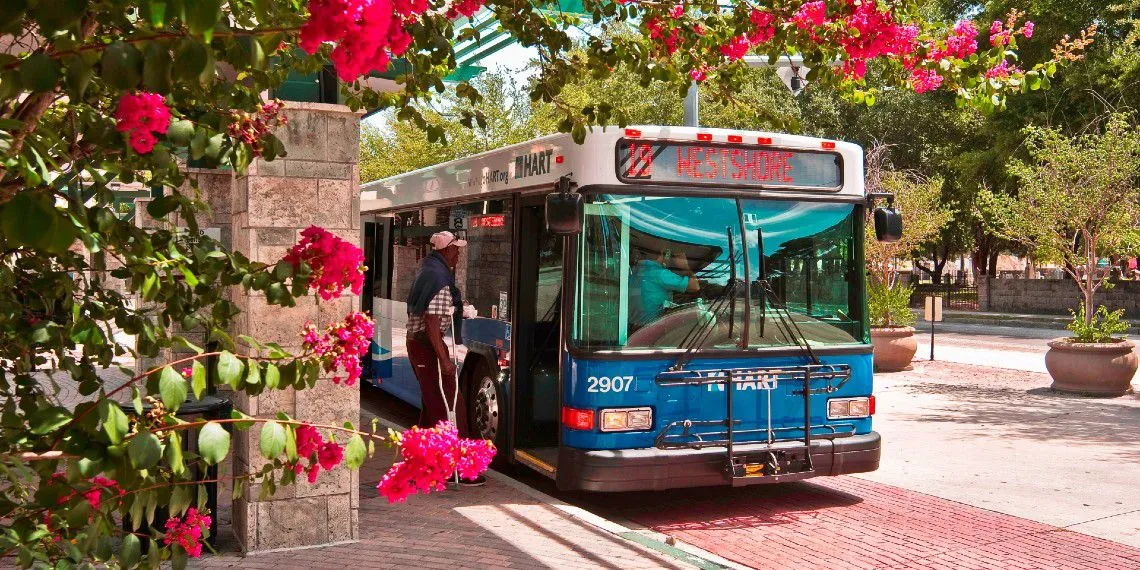
Several transit agencies in Florida have adopted contactless payment systems from Init - and the company says open payment projects in cities including Grand Rapids, Spokane and Nashville will be launched later this year.
In Florida, a regional working group comprising Hillsborough Area Regional Transit (Hart), Hernando County (The Bus), and Pinellas Suncoast Transit Authority (PSTA) have implemented open payments.
Passengers can tap with credit and debit cards, digital wallet-enabled smart devices, and the Flamingo Fares card or mobile app to ride in the Tampa Bay region.
Adelee Le Grand, CEO of Hart, says: “Contactless payments on Flamingo Fares not only provides our customers with greater ease of access, removing another barrier from riding transit, but also assists in speeding up the boarding process, improving travel times.”
The transit agencies are the first in Florida to implement contactless payments using Visa.
Julie Scharff, head of contactless payments, North America, Visa, says: “Contactless payments combined with fare capping means riders have access to the best possible fares, leading to an equitable and convenient transit experience.”
“The adoption rate of open payment media in public transit has skyrocketed over the last few years, and that number will continue to rise as more and more people acclimate to using what's in their wallets to pay for travel,” states Andy Singh, Init COO.










